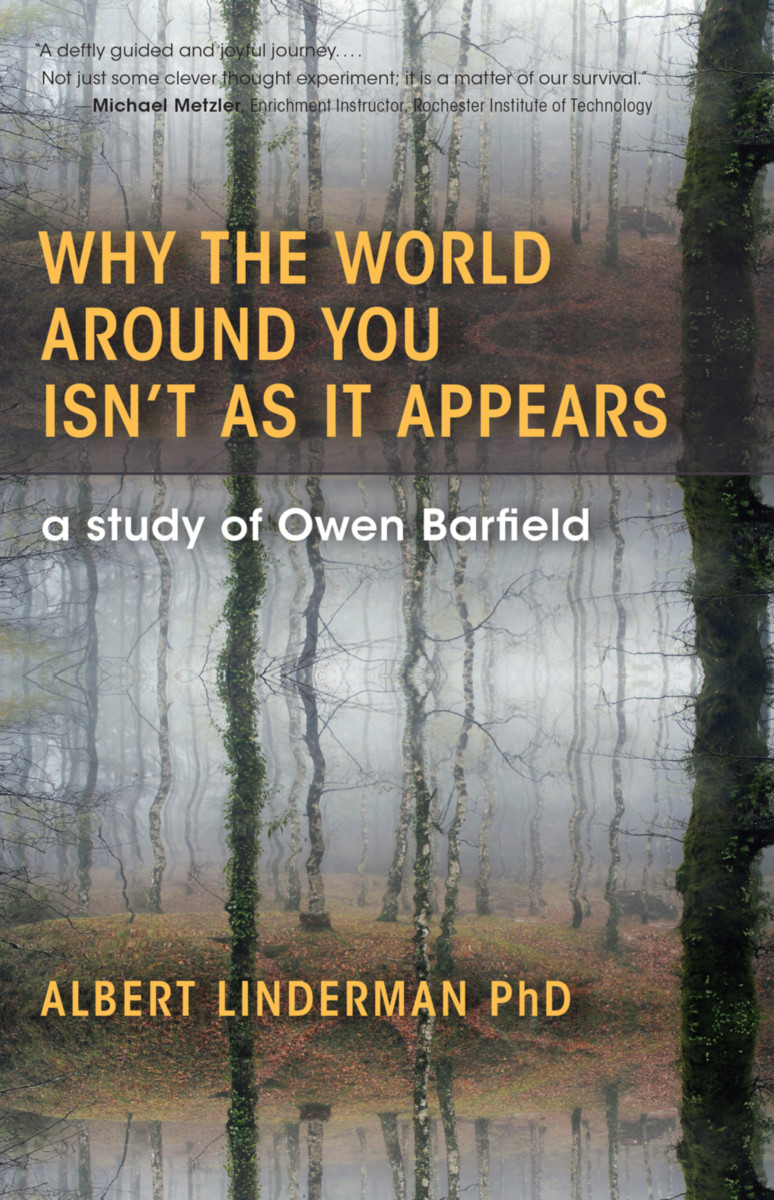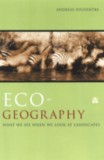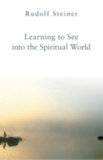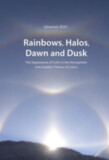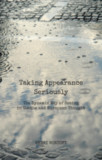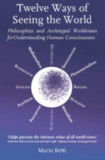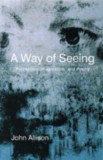Why the World around You Isn’t as It Appears
A Study of Owen Barfield
- Publisher
Lindisfarne Books - Published
20th April 2012 - ISBN 9781584201212
- Language English
- Pages 194 pp.
- Size 5.5" x 8.5"
“Imagination is more important than knowledge. For knowledge is limited, whereas imagination embraces the entire world, stimulating progress, giving birth to evolution.”
—Albert Einstein
Empirical knowledge is only one side of “reality.” Empirical knowledge is all about the “outside,” the surfaces of objects, the matter we can see and touch. It does not speak to the “insides,” the unconscious inner reality, subjectivity, feelings, and meaning that humans contribute to the world of objects we experience in our day-to-day lives. The New Enlightenment looks at the inside from that place phenomenologist Edmund Husserl termed “the great world of the interiority of consciousness.”
Using the insights of Owen Barfield (1898–1997) as his starting point, Linderman investigates the nature of consciousness, the Enlightenment, scientific thinking, belief, and the power of imagination.
This book is for those who appreciate the insights of alternative thinkers, but feel at the mercy of an engineer neighbor, an amateur “science buff” friend, or skeptical relatives. They confidently present clear, reasoned, scientific arguments to discredit, or, at least, bring considerable doubt to the veracity of the claims of the alternative thinkers you find compelling. For you to explain why you find some alternative writers so helpful, you need to be able to articulate succinctly the theory of knowledge that undergirds them. Likely, you struggle to do so now. You should find help in this book.
“Linderman’s book is both about thinking and wondering. He implores us to reconsider how we’ve been taught to think and to regain that childlike wonder for how we fit in the world. For Linderman, this is not just some clever thought experiment; it is a matter of our survival. He contends that we must sift through the wheat and chaff of what the Enlightenment has taught us, placing our ‘spirit’ subjective selves back at the center of a new kind of thinking, in order to propel us forward. It is a deftly guided and joyful journey that challenges how we think and encourages us to wonder about a better way.”
Michael Metzler, Enrichment Instructor, Rochester Institute of Technology
“Mr. Linderman has the highly focused purpose of reaching out to those of us who are overly infected by Enlightenment thinking—and who isn’t?—and providing the foundation for a mode of thinking that should engage everyone who reads about it and will astonish everyone who truly understands it.”
Frederick Dennehy, honored New Jersey attorney
“Linderman demonstrates how consciousness evolves...helping me understand the development work we do at Sekem.”
Ibrahim Abouleish, Founder of Sekem, winner of the 2003 Right Livelihood Award
“Linderman’s aim throughout is to illustrate for the reader new to this material how what he calls ‘The Belief’—belief in the largely unstated assumptions that have grown up around the practice of the physical sciences—prevents nearly all of us from seeing the reality outside of it, whether over, under or beyond.”
Terry Hipolito, Owen Barfield Literary Estate
“Linderman’s excellent book helps us understand exactly why so many of our textbooks are bound and locked up in ‘The Belief’.... So many of us have a sense that the textbooks need to be rewritten, but are not quite sure with what. Linderman helps us answer this most important question.”
Bill Manning, honored Minneapolis attorney
C O N T E N T S:
Introduction
1. Moving beyond “The Belief”
2. The Trojan Horse of Science
3. The Evolution of Consciousness
4. How Do We Know Anything: The Activity of Thinking
5. Consciousness and Language
6. Thinking, Reason, and Matter
7. Imagination
8. Knowledge of Qualities
Bibliography
Index
Albert Linderman
Albert Linderman, Ph.D., CEO of Sagis Corporation; cultural anthropologist guiding organization and community change, and servant leader of high-profile collaborations, including city-wide multi-sectoral collaborations of regular citizens, government, business, nonprofit, and faith communities to solve complex community issues. He currently leads Impact Passaic for Passaic County, New Jersey. He has previously guided collective impact initiatives in communities large and small in South Dakota and Minnesota as well as having guided leadership transitions for several major Minnesota health care organizations. Albert is an experienced practitioner of a number of disciplines and evidence-based methodologies including Presencing, MIT's System Dynamics, and Sense-Making Methodology and serves on the Board of SteinerBooks.


